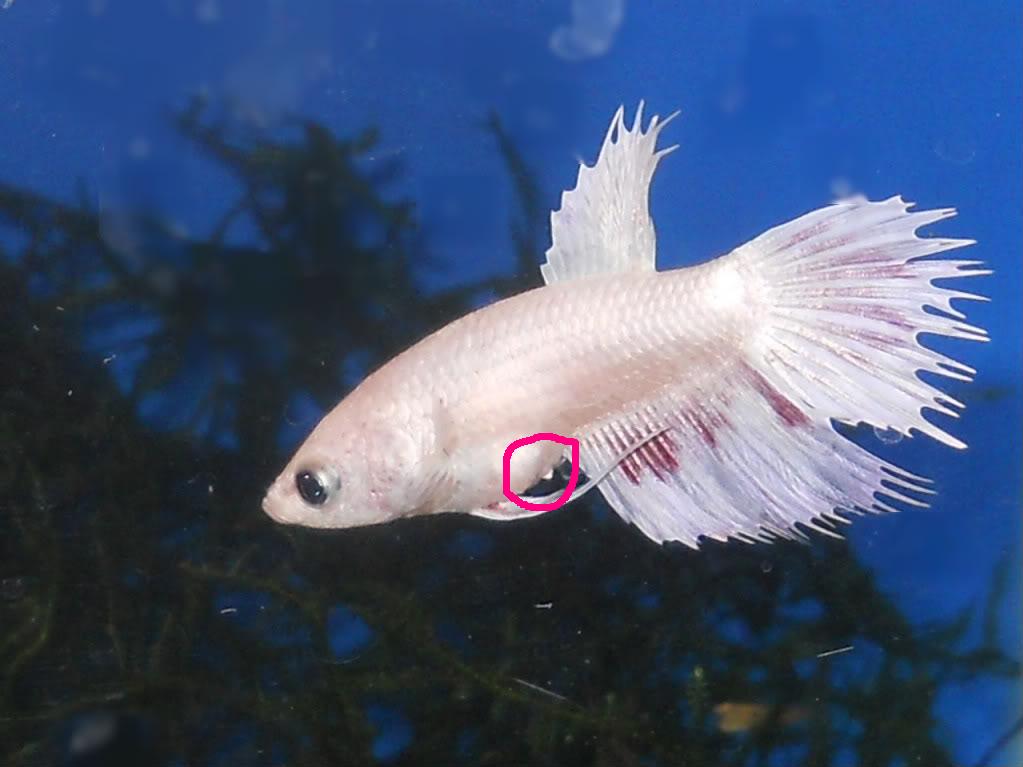Best 5 Foods for Fish: Essential, Healthy Options for 2025
Understanding the dietary needs of fish is crucial for any aquarium enthusiast or aquaculture practitioner. A well-balanced diet not only ensures optimal growth and health but also enhances the beauty and vitality of your aquatic pets. In this article, we explore the best five foods for fish that cater to various species and their unique nutritional requirements, including pellets, flakes, and natural options. This comprehensive guide aims to help you make informed choices and promote the well-being of your finned friends. From understanding fish feeding habits to choosing the right ingredients, we cover everything you need to know about fish nutrition. Key takeaways include the importance of high-quality fish food, supplements to enhance growth, and the benefits of a varied diet.
Essential Insights into Fish Nutrition
With an array of fish food available on the market, knowing what truly benefits your fish can be overwhelming. Fish food comes in various forms, including pellets for fish, fish flakes, and natural options such as live or frozen fish diet. Each type has its advantages, depending on the species, age, and health of your fish. A balanced diet incorporating high-protein fish food and organic fish food will ensure your aquatic friends thrive.
The Role of Pellets and Flakes in Fish Diets
Pellets and flakes are among the most common types of commercial fish food. Generally, pellets provide a more nutrient-dense and balanced diet, making them a popular choice among fishkeepers. They come in sinking and floating varieties, catering to different feeding behaviors. Fish flakes are convenient and popular, especially for surface-feeding fish. Both should be chosen based on the specific dietary needs of the species in your aquarium.
The Importance of Live and Frozen Fish Food
Live fish food, such as brine shrimp and daphnia, provides an excellent source of protein and stimulates natural feeding behaviors, making it an ideal choice for breeding fish or enhancing the health of fry. Frozen fish diet options offer convenience while retaining important nutrients, contributing to a well-rounded fish diet. These types of foods can greatly improve fish health and vitality.
Sustainable Choices: Plant-Based Fish Food
With growing awareness about sustainability, plant-based fish food is gaining traction among fish enthusiasts. These formulas often contain algae and other plant derivatives, which provide essential nutrients and a lower environmental impact. Herbivorous fish, in particular, benefit from such diets, which can also include fish-safe vegetables, enhancing their overall well-being and aiding in digestion.
Supplements and Key Nutrients for Fish
Supplements play a vital role in ensuring your fish receive all the necessary vitamins and minerals for optimal health. Fish health supplements can include fish protein, fish vitamins, and even probiotics for fish, enhancing immunity and promoting better digestion.
Understanding Fish Vitamins and Amino Acids
Vitamins and fish amino acids are essential for fish metabolic functions and overall health. A balanced diet should include proper levels of omega-3 fatty acids, which are important in preventing disease and promoting fish growth. Fish feeding guidelines should consider these facets to prevent nutritional deficiencies.
Innovative Fish Growth Formulas
To enhance fish growth rates, many aquarists turn to specialized fish growth formulas. These may contain specific blends of nutrients that target metabolic processes critical for efficient growth. It's important to monitor fish feeding frequencies and adjust feed amounts based on growth indicators.
Common Fish Feeding Mistakes
Overfeeding is one of the most frequent errors made by fish owners. It can lead to water quality issues and fish health problems. Following a proper fish feeding schedule and understanding fish behavior can greatly reduce such risks. Always research your particular fish species to ensure you provide appropriate amounts and types of food.
Real-Life Applications of Fish Feeding Techniques
From ornamental fish in home aquariums to fish in aquaculture settings, understanding effective feeding techniques is vital in promoting healthy growth and development.
Fish Feeding Patterns and Their Importance
Analyzing fish feeding patterns can offer insights into how various species prefer to intake their food. Tropical fish may prefer their meals at specific times and can be trained to recognize feeding times. Adopting these habits will provide a routine beneficial for both fish and aquarist.
Types of Fish Food Ingredients to Consider
When selecting fish food, it's crucial to pay attention to the ingredients. High-quality fish feed should contain whole fish protein, a variety of amino acids, and essential nutrients. Evaluate the nutritional value of fish feed, ensuring it meets the specific dietary requirements of your fish.
Addressing Common Fish Diseases with Diet
An appropriate diet can also play a significant role in fish disease management. High-fiber fish diets and specific supplements can enhance your fish’s immune system, while avoiding certain toxic foods can prevent health issues. Educating yourself on dietary impacts can be key in keeping your aquarium flourishing.
Future Trends in Aquatic Nutrition: Preparing for 2025
The future of fish nutrition is moving towards more sustainable, innovative feeding practices and diets. As aquaculture technology advances, the emphasis will shift towards ethical fish farming techniques and enhanced nutrient profiling, ensuring healthier fish populations.
The Growing Role of Probiotics in Fish Diets
Probiotics for fish are becoming increasingly popular as a means to enhance gut health and promote nutrient absorption. Integrating probiotics into fish feeding practices is an innovative approach that could redefine our understanding of aquaculture nutrition.
Ethical Fish Farming Practices
With an increase in demand for fish and fish products, ethical fish farming practices will become more paramount. Sustainable fish feeding practices that utilize organic and local ingredients will not only benefit fish health but also the environment, paving the way for a more responsible aquaculture industry.
Fishing for Tomorrow: The Role of Education
Educating aquarium enthusiasts and aquaculture stakeholders about proper fish nutrition and feeding practices is essential. As we look to 2025, a commitment to sharing knowledge on fish feeding guidelines, and practical fish care tips will ensure healthier fish populations worldwide.
Conclusion: Enriching Fish Lives Through Optimal Diets
Providing the best food for fish is about understanding their unique dietary needs, selecting quality ingredients, and being aware of the ongoing advancements in aquaculture practices. By investing in high-quality pellets, integrating live or frozen options, and incorporating nutritional supplements, you can significantly enhance your fish’s health and vitality. Stay informed about the latest developments in the field, and always prioritize your aquatic pets' well-being.


